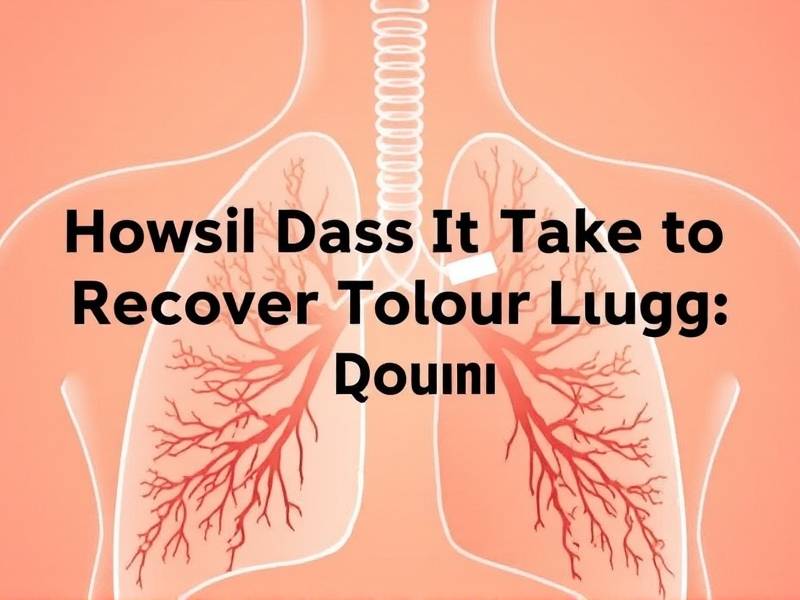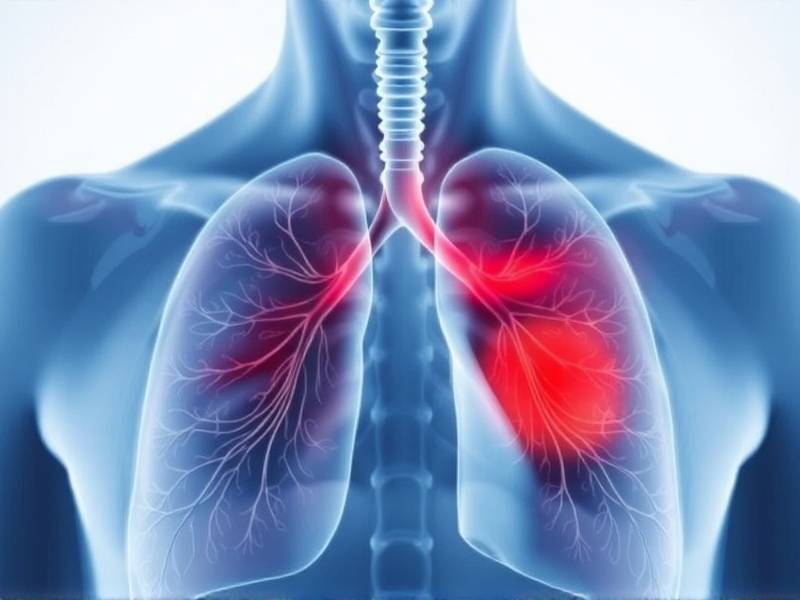How Many Days Does It Take to Recover Your Lungs After Quitting Smoking?
The Journey to Lung Recovery: How Long Does It Take After Quitting Smoking?
Introduction: Quitting smoking is a significant step towards improving your health. Many smokers are curious about the timeline for lung recovery after quitting. In this article, we will explore the factors that influence lung recovery and provide an estimate of how long it typically takes for the lungs to begin healing.
Understanding Lung Damage: Smoking causes severe damage to the lungs, leading to conditions such as chronic obstructive pulmonary disease (COPD), emphysema, and bronchitis. The toxins in cigarettes can irritate the airways, reduce oxygen levels in the blood, and weaken the immune system.

Factors Influencing Lung Recovery: Several factors can affect the rate of lung recovery after quitting smoking:
- Age: Younger individuals tend to recover faster than older adults due to their stronger immune systems and quicker healing capabilities.
- Duration of Smoking: The longer you have smoked, the more time it may take for your lungs to recover.
- Number of Cigarettes Per Day: Higher smoking rates can lead to more significant damage, requiring longer recovery periods.
- Genetic Factors: Some individuals may have genetic predispositions that affect their ability to recover from smoking-related damage.
Timeline for Lung Recovery:
-
Immediate Benefits: Within 20 minutes of quitting smoking, your heart rate and blood pressure begin to drop. Within 12 hours, carbon monoxide levels in your blood decrease significantly, allowing more oxygen to reach your body's tissues.
-
Short-Term Recovery (1-3 Months): After three months of quitting smoking, you may notice improvements in coughing and shortness of breath. Your lungs' ability to clear mucus also improves during this period.
-
Medium-Term Recovery (1-5 Years): After one year without smoking, your risk of heart disease decreases by half compared to continuing smokers. After five years, your risk of stroke is similar to that of a non-smoker.
-
Long-Term Recovery (5+ Years): After 10 years without smoking, your risk of lung cancer is about half that of a continuing smoker's risk. After 15 years or more without smoking, your risk of dying from COPD is similar to that of a non-smoker.
Conclusion: The journey towards lung recovery after quitting smoking can vary from person to person due to various factors such as age, duration of smoking, and genetic predispositions. While it may take several years for complete recovery, taking steps towards quitting can significantly improve your lung health and overall well-being.
Remember that seeking support from healthcare professionals and joining support groups can make this journey easier and more rewarding.

References:
- American Lung Association
- Centers for Disease Control and Prevention
- Mayo Clinic
